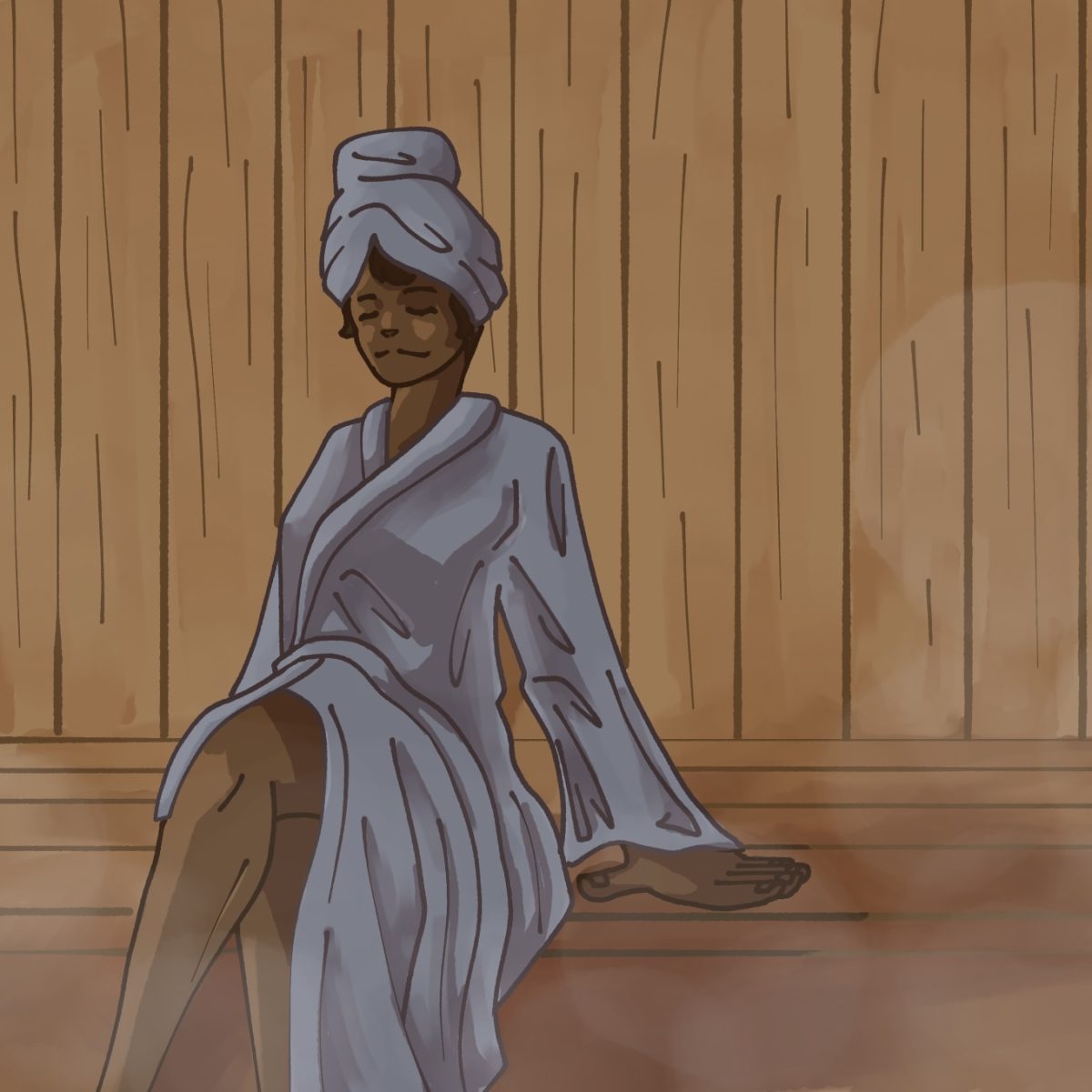College Admissions: One Application Can Create Stress Among Students
March 20, 2020
In March, colleges closed their application systems for the year, and students finally submitted their final essays, transcripts, and recommendations. Ninety percent of Minnetonka’s senior class is college-bound, and many of those students are breathing a sigh of relief. While the prospect of college is exciting and “senior slide” sounds even better, there’s something more pressing that’s coming to a close with college deadlines. The pressure on high school students to get into the college of their choice can be a crushing, terrifying matter.
As reflected in the 2019 college admissions scandal in which celebrities like Lori Laughlin and schools like Yale and Stanford were implicated, college means a lot to students and parents. Although that scandal is an extreme example of college ambitions, the desperation for college entrance plays out with kids in our own school.
Many Minnetonka High School students get help from educational consultants, people whose only job is getting students ready for college applications. They often tutor kids on how to score better on standardized tests like the ACT and SAT and help them with their transcripts and college essays. This business, which exists solely to prepare children for their college applications, makes $1.9 billion a year in revenue and employs over 40,000 people. In fact, in response to continuously expanding graduating classes, educational consulting grew by 4.1 percent between 2013 and 2018.
Beyond educational consulting, college applications have wreaked havoc at home, as 80% of surveyed Harvard students believed that their parents cared more about their academic achievement than their being kind to others. This focus is understandable, as entrance into prestigious universities is often seen as a ticket to a higher social class. This is very tempting to parents who are often eager to give their child every possible advantage in life.
However, far from helping students, this pressure often leads to stress overloads and the development of depression. Headaches, stomach pains and sleeplessness have all been reported by recent college applicants, as well as obsessive monitoring of university websites for any inkling of an application’s status.
“Waiting to hear the answer is the most stressful part,” said Maddie Lego, ‘20. “You no longer have control over the application.”
Behind the anticipation of these results is a great amount of pressure on seniors from their parents, society, and even themselves. The message that guidance counselors around the country are preaching aims to counteract students’ stress: life will go on. Even if you get rejected from your top pick, there are more options. College acceptance or rejection does not determine the success in your life. This spring, as letters start pouring in, keep your head held high. Rejection lasts a minute, but you have a whole lifetime ahead of you.





























